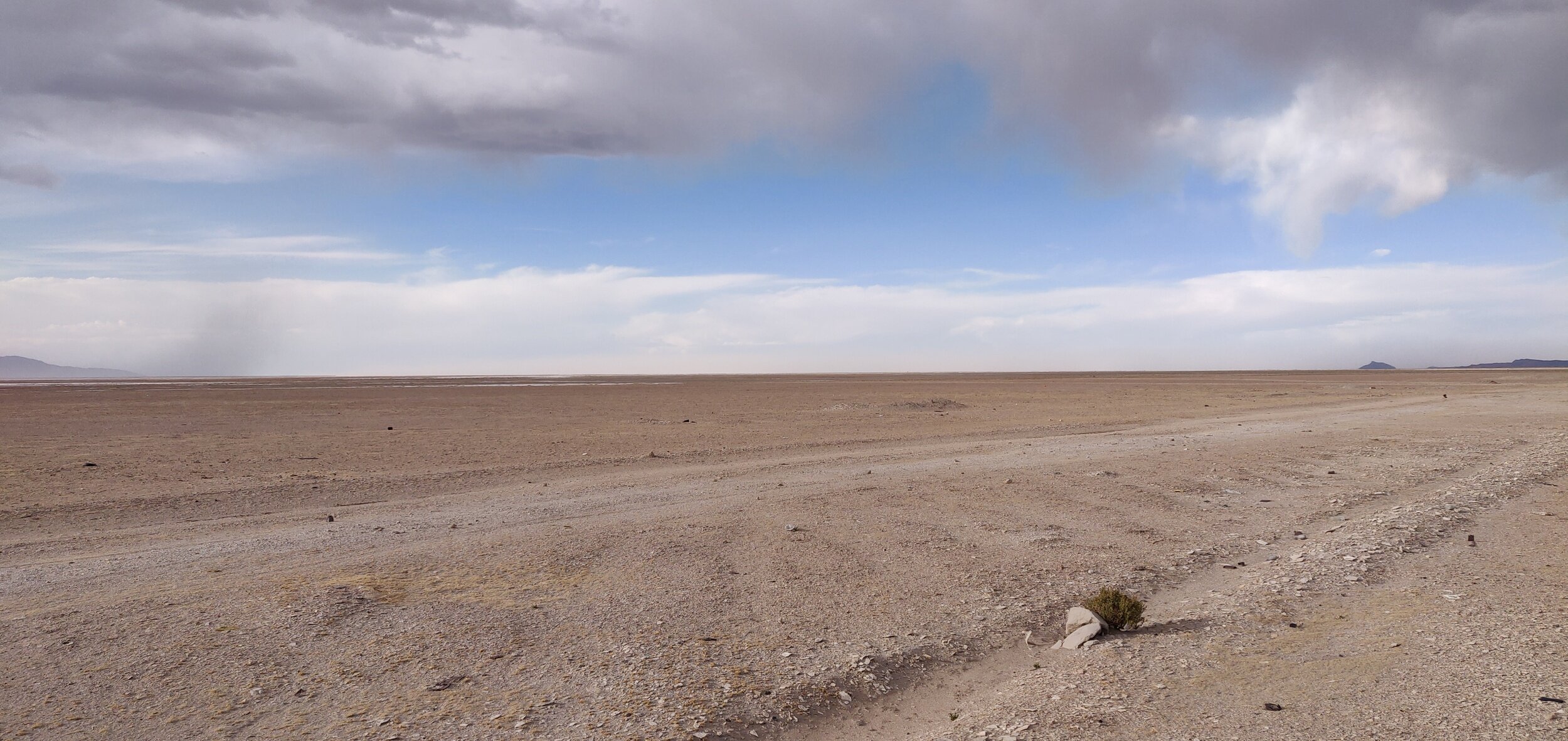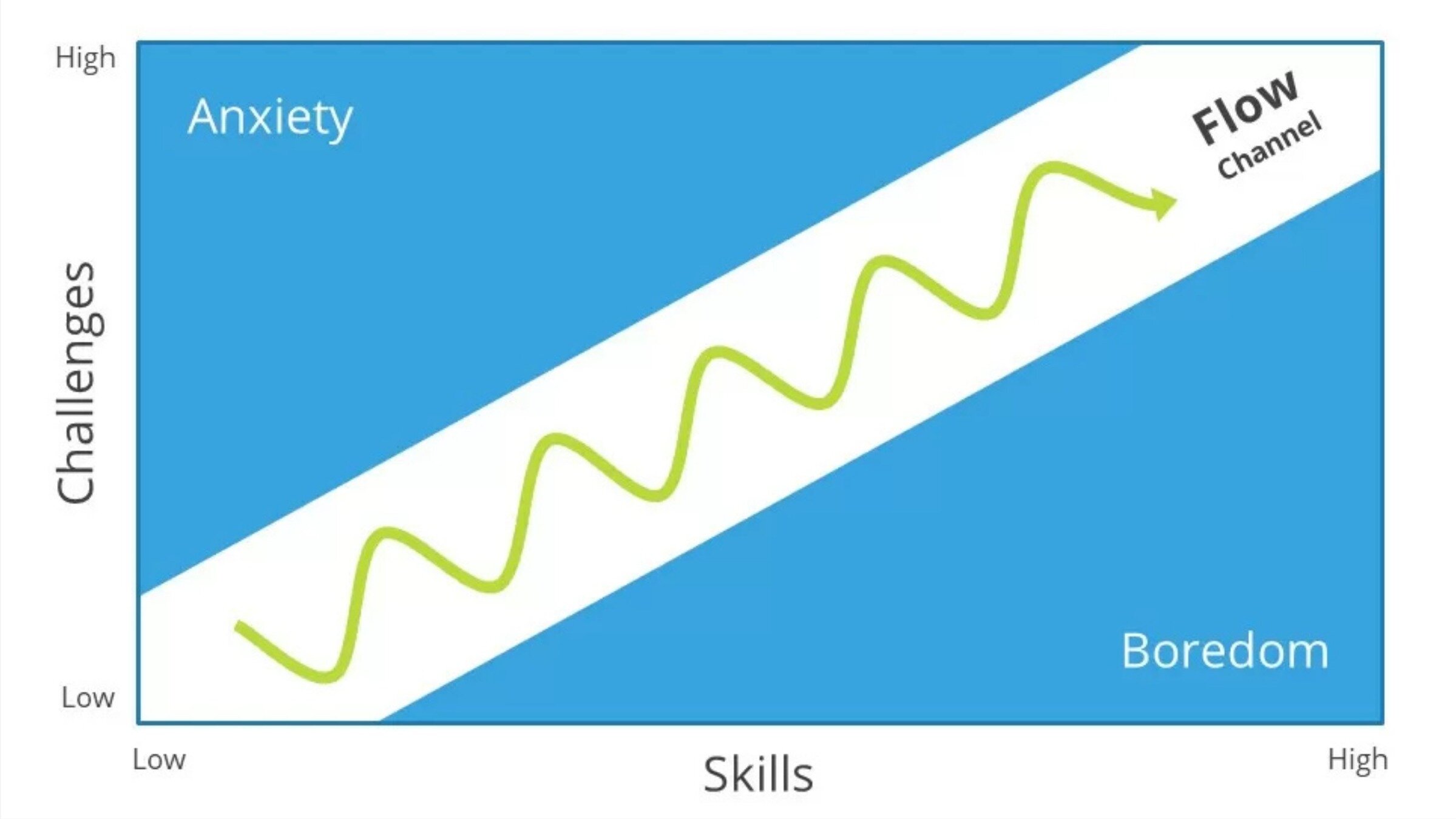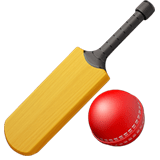Marco Alabruzzo
I am a tech leader who believes that the best products come from the collaboration of many great people. I like to create environments where this collaboration is the norm, and everyone feels their contribution is valued and included.













